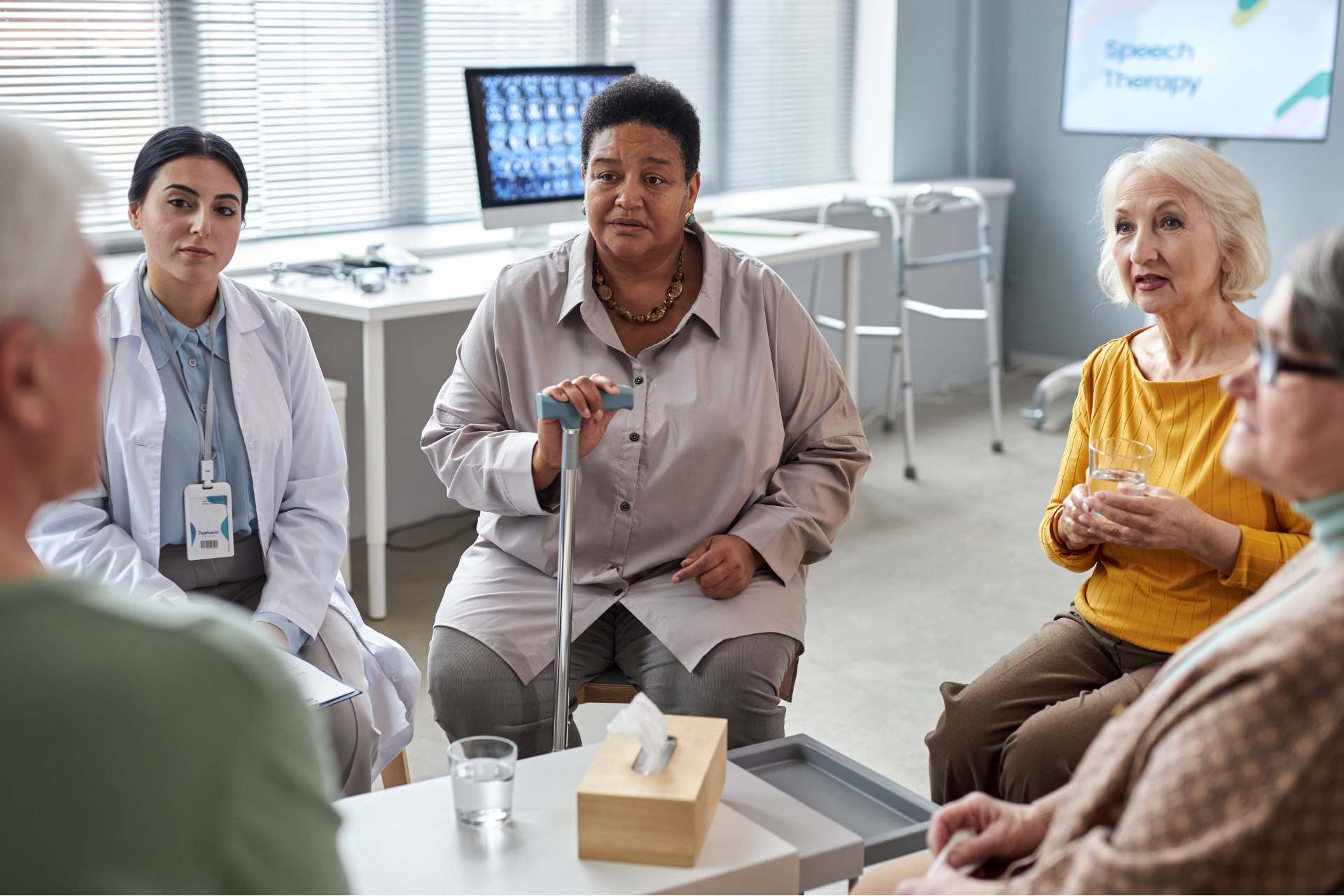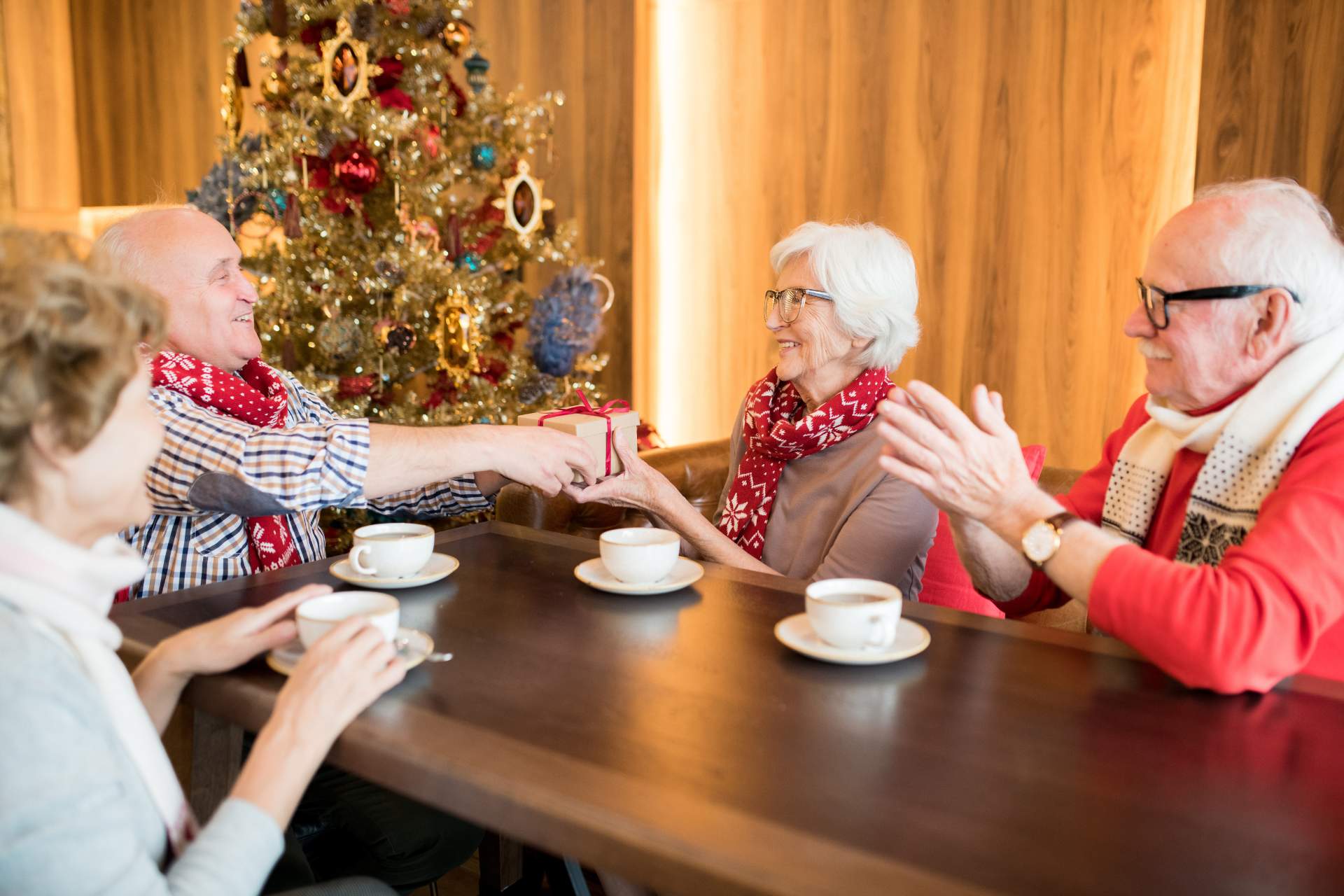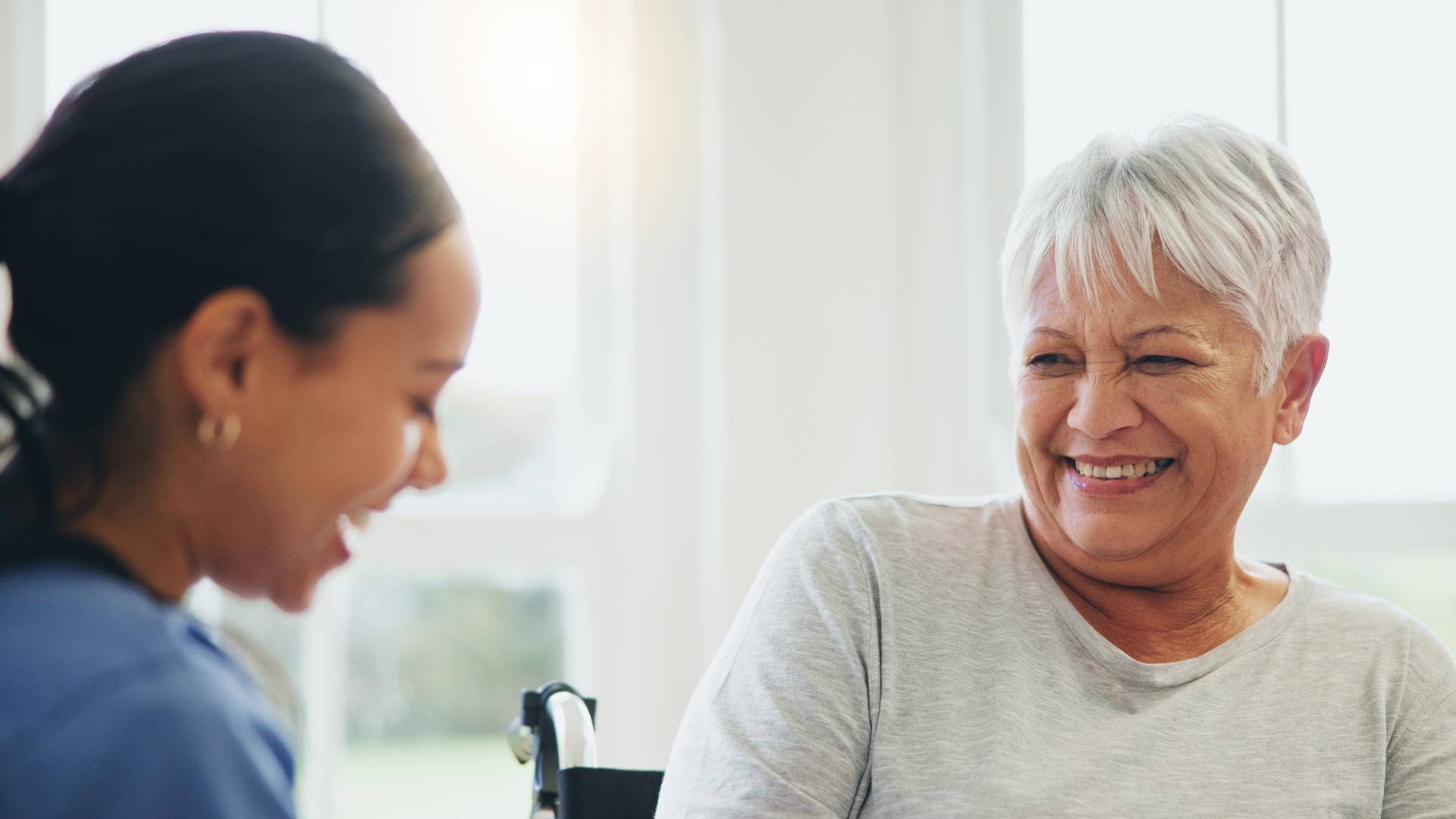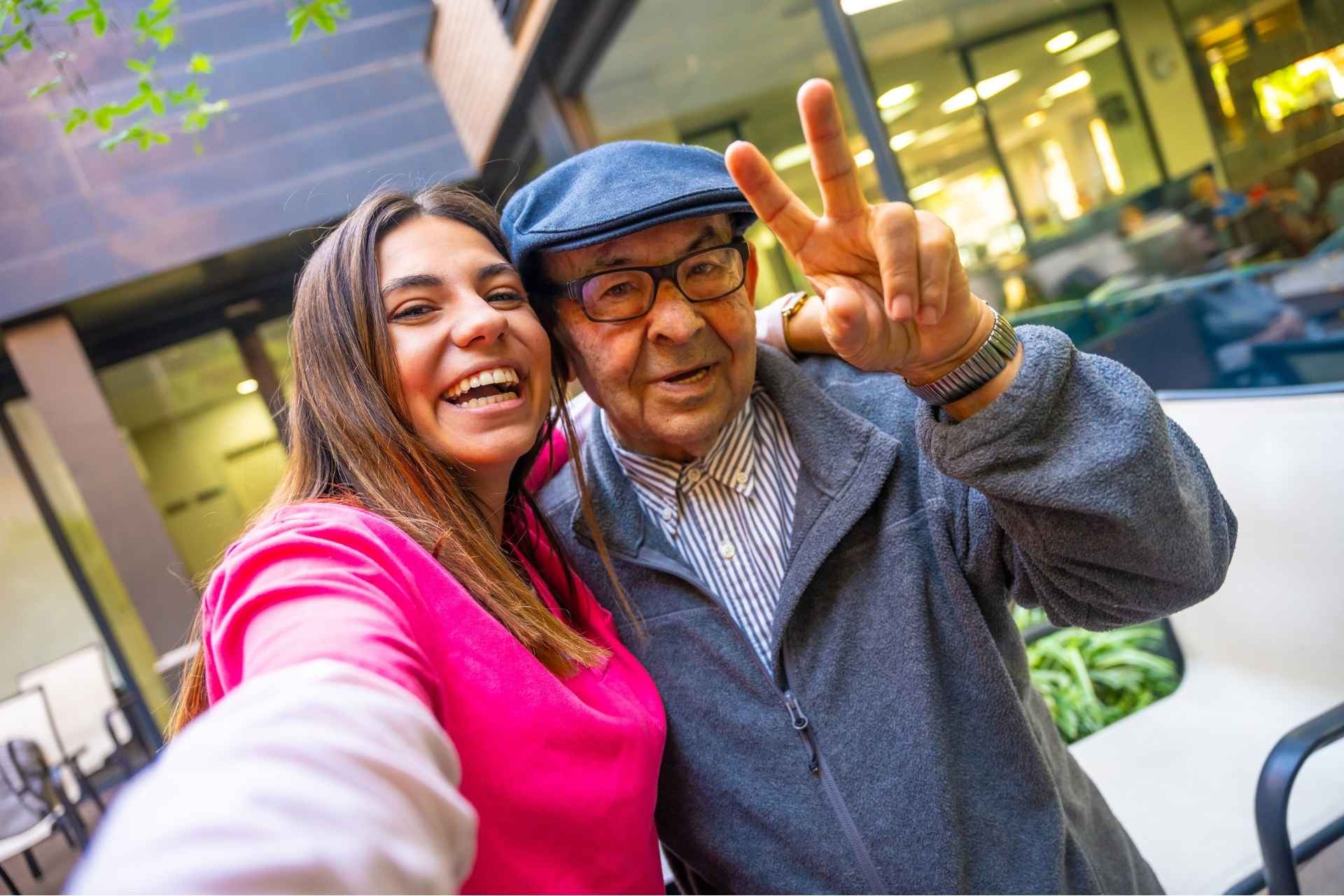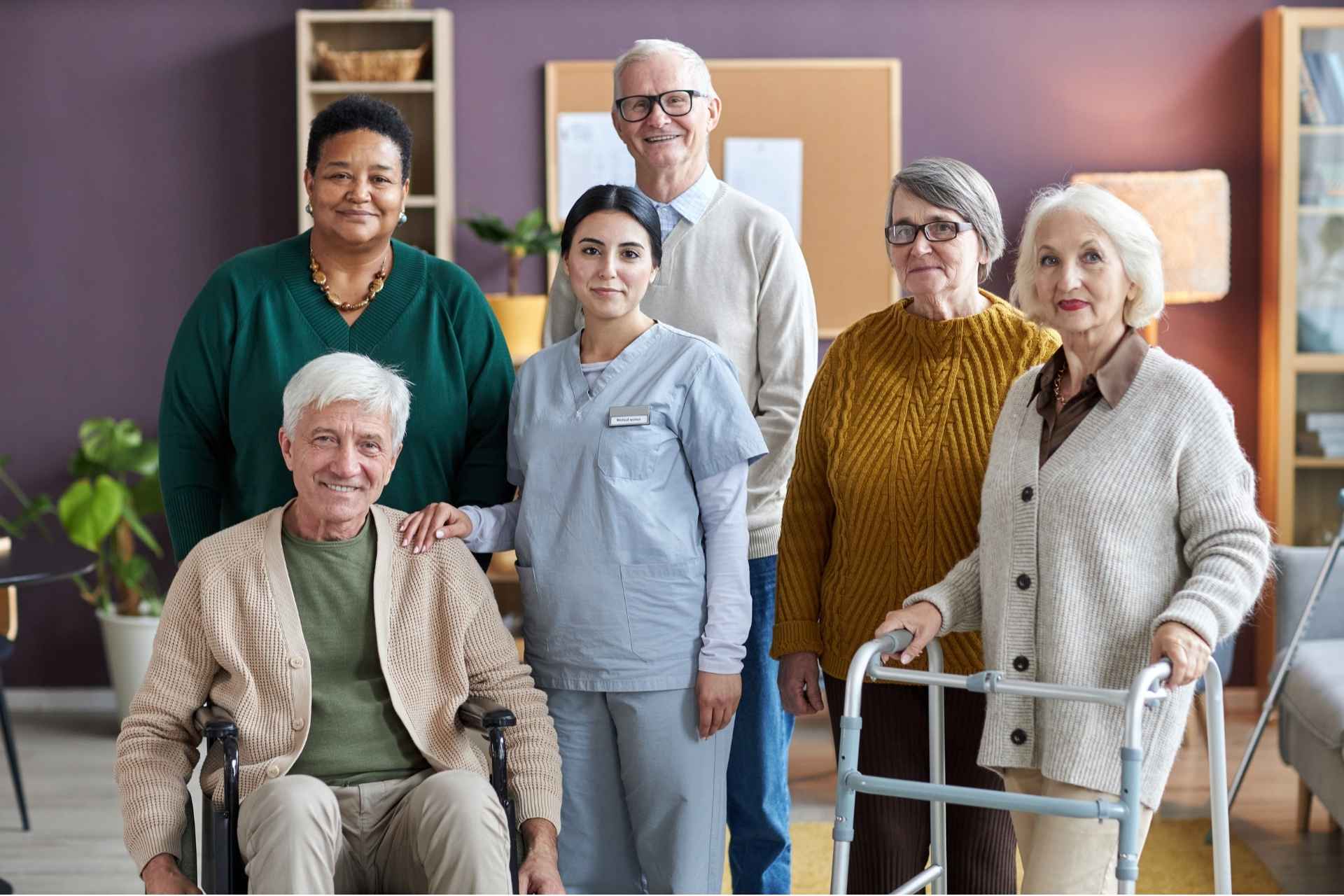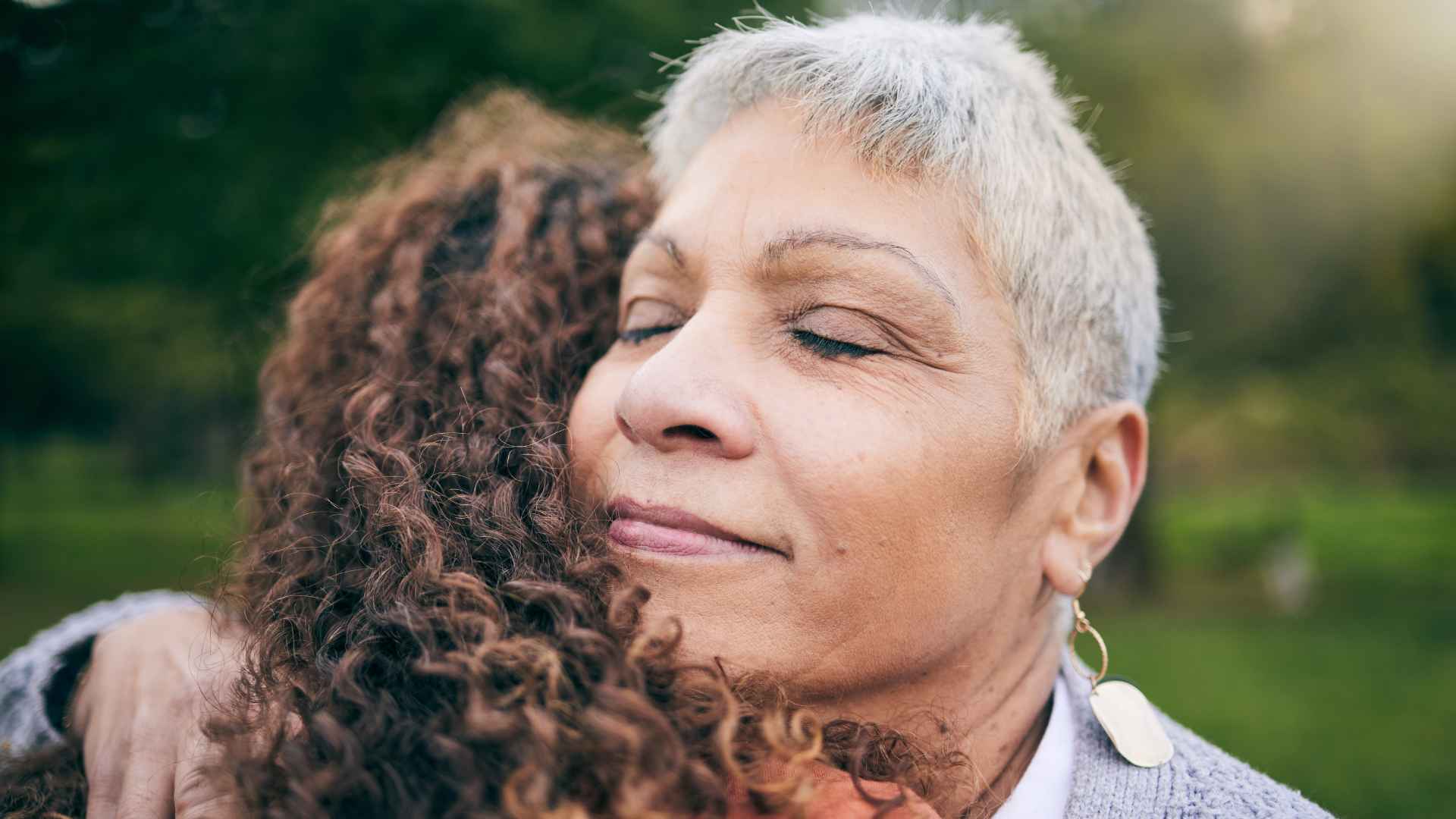Staying proactive about your health is one of the best gifts you can give yourself. And when it comes to breast cancer, early detection could be life-saving.
Whether you’re living independently, transitioning to assisted living, or supporting a loved one who is, understanding the importance of breast cancer screening can make all the difference in long-term health and well-being.
The Role of Early Detection
Breast cancer is one of the most common cancers in women, especially as we get older. According to the American Cancer Society, about 1 in 8 women in the U.S. will be diagnosed with breast cancer in their lifetime.
That’s the bad news, but there’s a notable silver lining: when it’s caught early, breast cancer is highly treatable, with a 99% five-year survival rate for localized cases.
Screening is important because it helps detect changes in breast tissue before symptoms appear. In other words, you might feel perfectly healthy, but mammograms can catch small abnormalities long before you notice any lumps or discomfort.
Early detection increases your treatment options, yes, but what many people aren’t aware of is that it can also make treatments less invasive and recovery times shorter.
Understanding Your Risk
While advancing age remains one of the biggest risk factors for breast cancer, it’s not the only one. Genetics, lifestyle, and personal health play a role, too.
We know it’s not always easy to keep track of these factors, but here are a few to consider:
- Family History: Your risk is higher if a close relative has had breast cancer.
- Hormone Replacement Therapy: Some medications commonly taken during menopause may slightly increase risk.
- Lifestyle Factors: Smoking, alcohol use, and inactivity can all contribute.
This might all feel overwhelming, but remember, knowledge is power. You don’t need to worry for nothing, but you do need to think ahead to reduce your risk.
When (and How) to Get Screened
If you’re 65 or older, the American Cancer Society recommends continuing regular mammograms as long as you’re in good health and have a life expectancy of at least ten years.
But when and how often you should get screened depends on your personal health and family history. It’s always a good idea to talk to your doctor about what’s best for you.
Screenings usually involve a simple mammogram, which is just an X-ray of your breast. These tests are quick, effective, and safe, even for seniors. If you’ve never had a mammogram or it’s been a while, don’t worry. The staff will guide you through the process.
For some women, especially those with higher risk factors, doctors might also suggest an ultrasound or MRI. While it might sound a bit daunting, these tools give an even clearer picture, helping catch anything that might be overlooked.
Staying Active in Your Health Journey
Here are some tips to support your overall well-being and reduce your risk of breast cancer:
Move Your Body
Regular physical activity helps maintain a healthy weight, reducing breast cancer risk. Even light exercises like walking or chair yoga can make a big difference.
Eat Well
A balanced diet rich in fruits, vegetables, and whole grains fuels your body with essential nutrients.
Limit Alcohol
Excessive drinking has been linked to increased breast cancer risk, so moderation is key.
Perform Monthly Self-Exams
Once a month, gently feel your breasts for lumps, changes, or abnormalities. It’s easy to do in the shower or before bed.
What’s Your Next Step?
Many assisted living communities, like those at Priority Life Care, offer wellness programs designed to help you stay on top of your health. From transportation for medical appointments to organized fitness activities, our communities provide the structure and resources you need to thrive.
Breast cancer screening is your chance to take charge of your health and catch potential problems before they grow. Whether you’re scheduling your first mammogram or it’s been a few years since your last, now’s the perfect time to start.
At Priority Life Care, we value your health as much as you do. If you have questions about assisted living services or want guidance in making health-conscious choices, we’re here to help. Contact us today to learn how our communities can support your wellness needs.
Your health is your future. Let’s make it a priority together.

